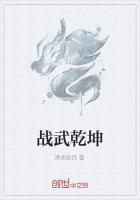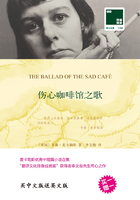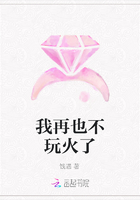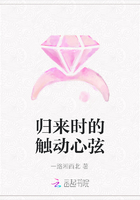During the Great Depression in America, teachers enjoyed job security, good salaries, respectability. Teaching was an admired profession, partly because learning was widely recognized as the road out of poverty. Little of that is true today. And so science (and other) teaching is too often incompetently or uninspiringly done, its practitioners, astonishingly, having little or no training in their subjects, impatient with the method and in a hurry to get to the findings of science—and sometimes themselves unableto distinguish science from pseudoscience. Those who do have the training often get higher-paying jobs elsewhere.
Children need hands-on experience with the experimental method rather than just reading about science in a book. We can be told about oxidation of wax as the explanation of the candle flame. But we have a much more vivid sense of what’s going on if we witness the candle burning briefly in a bell jar until tile carbon dioxide produced by the burning surrounds the wick, blocks access to oxygen, and the flame flickers and dies. We can be taught about mitochondria in cells, how they mediate the oxidation of food like the flame burning the wax, but it’s another thing altogether to see them under the microscope. We may be told that oxygen is necessary for the life of some organisms and not others. But we begin really to understand when we test the proposition in a bell jar fully depleted of oxygen. What does oxygen do for us? Why do we die without it? Where does the oxygen in the air come from? How secure is the supply?
Experiment and the scientific method can be taught in many matters other than science. Daniel Kunitz is a friend of mine from college. He’s spent his life as an innovative junior and senior high school social sciences teacher. Want the students to understand the Constitution of the United States? You could have them read it, Article by Article, and then discuss it in class but, sadly, this will put most of them to sleep. Or you could try the Kunitz method: you forbid the students to read the Constitution. Instead, you assign them, two for each state, to attend a Constitutional Convention. You brief each of the thirteen teams in detail on the particular interests of their state and region. The South Carolina delegation, say, would be told of the primacy of cotton, the necessity and morality of the slave trade, the danger posed by the industrial north, and so on. The thirteen delegations assemble, and with a little faculty guidance, but mainly on their own, over some weeks write a constitution. Then they read the real Constitution. The students have reserved war-making powers to the President. The delegates of 1787 assigned them to Congress. Why? The students have freed the slaves. The original Constitutional Convention did not. Why? This takes morepreparation by the teachers and more work by the students, but the experience is unforgettable. It’s hard not to think that the nations of the Earth would be in better shape if every citizen went through a comparable experience.
We need more money for teachers’ training and salaries, and for laboratories. But all across America, school-bond issues are regularly voted down. No one suggests that property taxes be used to provide for the military budget, or for agriculture subsidies, or for cleaning up toxic wastes. Why just education? Why not support it from general taxes on the local and state levels? What about a special education tax for those industries with special needs for technically trained workers?
American schoolchildren don’t do enough schoolwork. There are 180 days in the standard school year in the United States, as compared with 220 in South Korea, about 230 in Germany, and 243 in Japan. Children in some of these countries go to school on Saturday. The average American high school student spends 3.5 hours a week on homework. The total time devoted to studies, in and out of the classroom, is about 20 hours a week. Japanese fifth-graders average 33 hours a week. Japan, with half the population of the United States, produces twice as many scientists and engineers with advanced degrees every year.
During four years of high school, American students spend less than 1,500 hours on such subjects as mathematics, science and history. Japanese, French and German students spend more than twice as much time. A 1994 report commissioned by the US Department of Education notes:
The traditional school day must now fit in a whole set of requirements for what has been called the ‘new work of the schools’—education about personal safety, consumer affairs, AIDS, conservation and energy, family life and driver’s training.
So, because of the deficiencies of society and the inadequacies of education in the home, only about three hours a day are spent in high school on the core academic subjects.
There’s a widely held perception that science is ‘too hard’ for ordinary people. We can see this reflected in the statistic that only around 10 per cent of American high school students ever opt for a course in physics. What makes science suddenly ‘too hard’? Why isn’t it too hard for the citizens of all those other countries that are outperforming the United States? What has happened to the American genius for science, technical innovation and hard work? Americans once took enormous pride in their inventors, who pioneered the telegraph, telephone, electric light, phonograph, automobile and airplane. Except for computers, all that seems a thing of the past. Where did all that ‘Yankee ingenuity’ go?
Most American children aren’t stupid. Part of the reason they don’t study hard is that they receive few tangible benefits when they do. Competency (that is, actually knowing the stuff) in verbal skills, mathematics, science and history these days doesn’t increase earnings for average young men in their first eight years out of high school, many of whom take service rather than industrial jobs.













